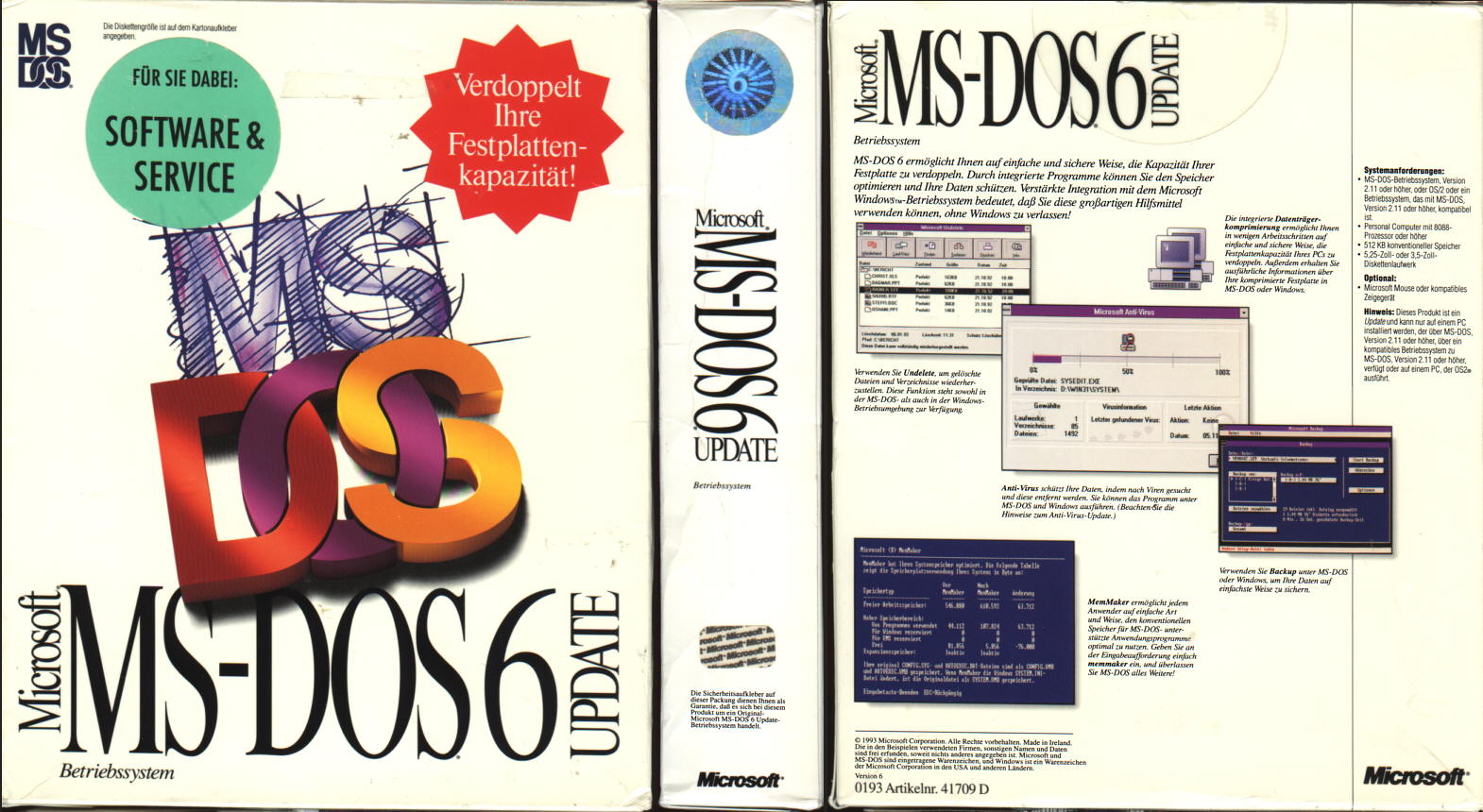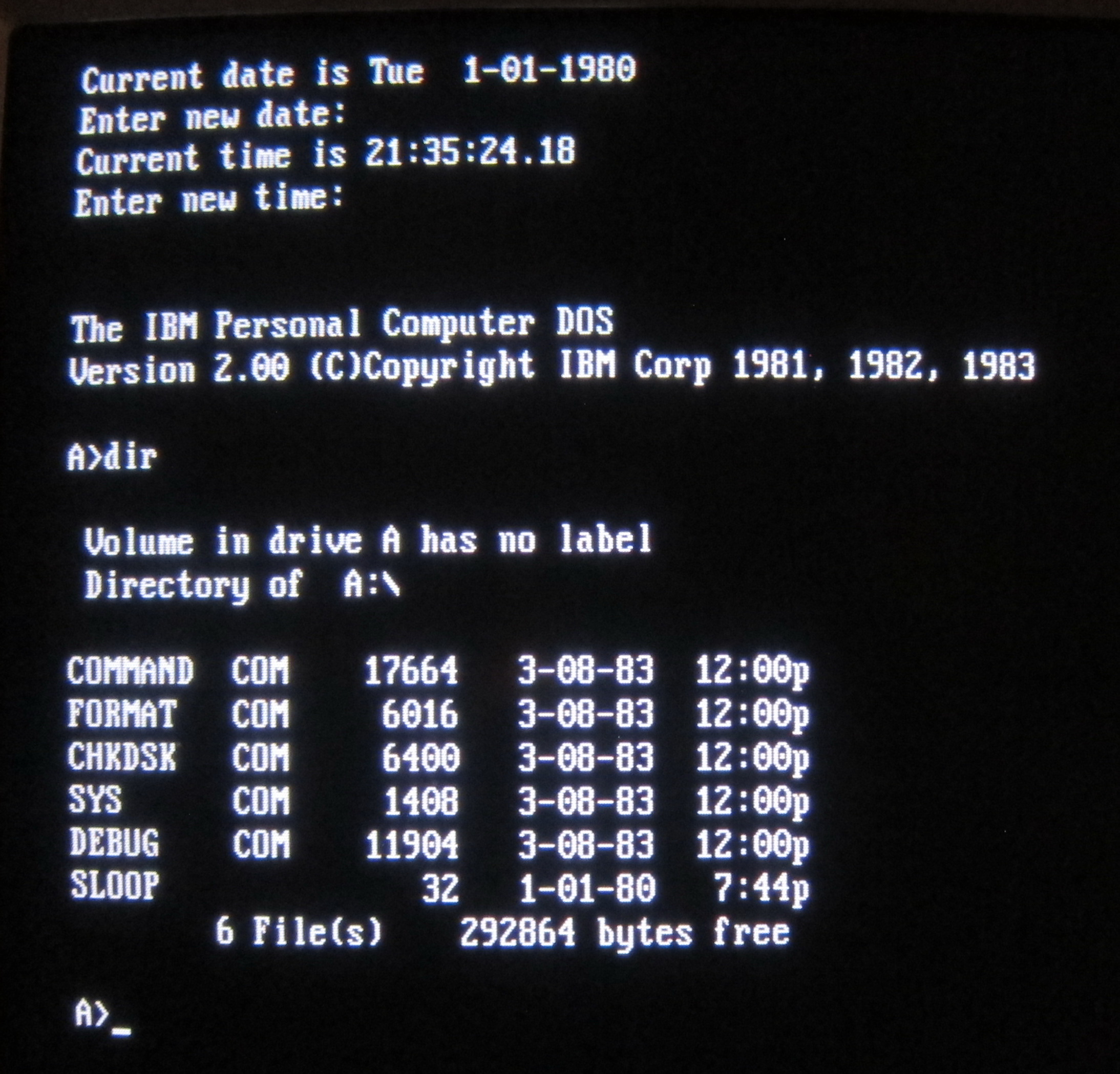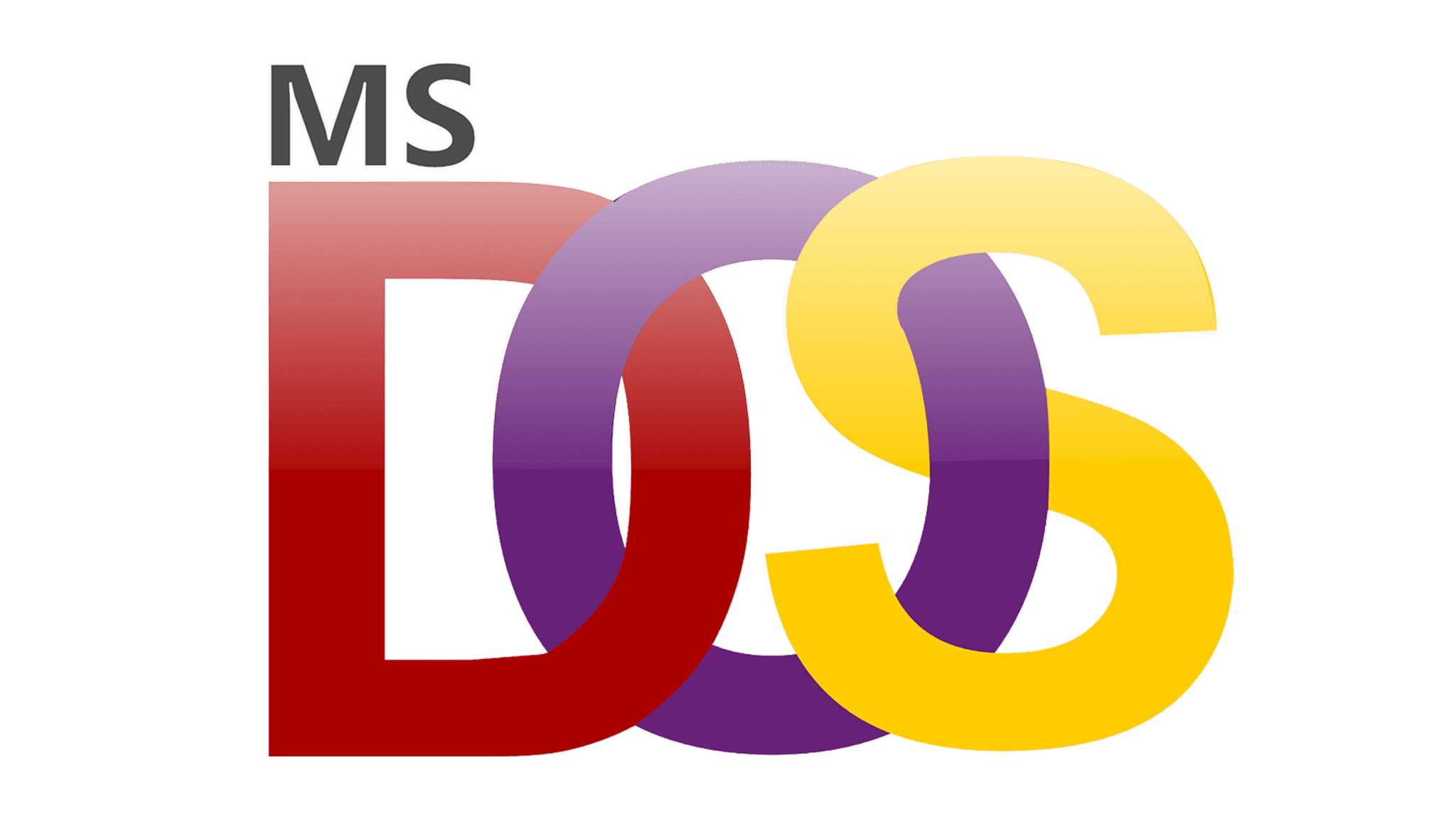MMSDOSE: Safety Alert & Desi Content Concerns | Read This Now!
Is the digital landscape truly a boundless realm of freedom, or are we unknowingly navigating a murky terrain fraught with hidden dangers? The proliferation of unregulated online platforms, particularly those hosting explicit content, poses significant risks to individuals and society, demanding a critical examination of their impact and the imperative need for responsible digital citizenship.
The internet, once heralded as a utopian space for information exchange and global connection, has, in many ways, become a complex and often perilous environment. The ease with which anyone can create and disseminate content has led to an explosion of platforms, some of which operate with little to no oversight. This lack of regulation creates fertile ground for the proliferation of harmful content, including the type found on websites like those identified as "mmsdose" and "masalamms.com." These sites, described as being hubs for sexually explicit material, often host content that could potentially be illegal and harmful to the users, especially if it is not well regulated.
The allure of such platforms is undeniable: they offer instant access to a vast library of content, often presented as free and readily available. This accessibility, however, masks the potential pitfalls. The content hosted on these sites can range from amateur videos to professionally produced pornography, and may include content that exploits, abuses, or endangers individuals, and that may be illegal. Furthermore, such sites frequently lack robust age verification systems, potentially exposing minors to adult content, or content of a harmful or abusive nature. The anonymity afforded by the internet also makes it difficult to hold those responsible for creating and distributing harmful content accountable for their actions. This lack of accountability breeds a culture of exploitation and disregard for the well-being of individuals.
Consider the implications for the platforms and the users. For the platform, the primary goal might be profit generation through advertising, and or user-generated content. In this case, the content should always be regulated, and should be in accordance with the law of the land. However, these platforms also provide avenues for sharing private content, as these platforms can host exclusive onlyfans collections and leaks. Users should be aware of the risks associated with downloading or streaming such content.
The content of the website, as described, includes terms like "desi porn," and content, and "exclusive onlyfans collections and leaks." The website also hosts links to mega collections of videos and images, which may contain copyrighted or illicit material. While the website does not claim ownership of any of the content, it is still liable for the content it hosts.
The websites identified as "mmsdose" and "masalamms.com" exemplify these concerns. These platforms, described as hosting a range of adult content, including videos, images, and collections, potentially operate with minimal oversight. This lack of regulation is a cause for concern, as the lack of regulation increases the risk of exposing users to illegal, exploitative, or harmful content. These platforms also appear to host content that may be illicit, and the use of terms like "exclusive onlyfans collections and leaks" raises serious questions about the origin and legality of the content.
The issue extends beyond the moral or ethical considerations surrounding pornography. The presence of unregulated platforms like "mmsdose" and "masalamms.com" can also contribute to the spread of malware and other cyber threats. These sites are often poorly secured, and the downloadable content can be a vector for malicious software. Furthermore, the anonymity offered by these platforms can shield individuals engaged in illegal activities, such as the distribution of child sexual abuse material or the harassment and exploitation of vulnerable individuals.
The dangers posed by these platforms extend beyond the immediate viewing of content. The consumption of sexually explicit material, particularly content that depicts violence, degradation, or coercion, can have lasting psychological effects. Studies have linked exposure to pornography to increased aggression, distorted views of relationships, and the normalization of harmful sexual behaviors. Moreover, the addictive nature of such content can lead to a cycle of compulsive consumption, further isolating individuals and contributing to a range of mental health issues.
The term "mmsdose" itself also serves as a red flag. The site's description as an "indian desi website" indicates a specific cultural focus, potentially exposing users to content tailored to specific audiences. The inclusion of terms like "exclusive onlyfans collection" and "leaks" indicates content that may be stolen or distributed without consent, further compounding the ethical and legal concerns.
The responsibility for navigating this digital minefield lies with individuals and society. Users need to be vigilant, informed consumers of online content, understanding the risks associated with unregulated platforms. This involves critically evaluating the content they encounter, verifying the source of information, and avoiding sites that exhibit warning signs. It also means practicing responsible digital citizenship, reporting instances of illegal or harmful content, and advocating for stricter regulation of the online space. Parents and educators have a critical role to play in shaping digital literacy and media literacy among young people, empowering them to make informed choices and protect themselves from harm.
The content identified as "mmsdose" and "masalamms.com" may also be a vector for the spread of malware. Sites are often poorly secured, and the downloadable content can be a vehicle for the spread of malware, and can facilitate cyberattacks. Therefore, users should be cautious when visiting these websites, and refrain from clicking suspicious links or downloading content.
Moreover, society as a whole must demand greater accountability from those who control and operate online platforms. This includes advocating for stricter content moderation policies, robust age verification systems, and improved enforcement of existing laws. Governments have a crucial role to play in establishing a regulatory framework that balances freedom of expression with the need to protect individuals from harm. This may involve enacting legislation that addresses the specific challenges posed by adult content, creating mechanisms for reporting and removing illegal material, and holding platforms accountable for the content hosted on their sites.
The use of websites to post illicit material is on the rise. The website "mmsdose" and "masalamms.com" are some examples of this, which offer a wide variety of content to its users. These websites host porn content, including explicit videos and images, and often feature content that may be considered harmful or illegal. Such content can include content such as "exclusive onlyfans collections and leaks" which indicate distribution of private content.
The challenges of regulating the online world are complex, and there are no easy solutions. However, the stakes are too high to ignore the potential dangers posed by unregulated platforms. By raising awareness, promoting digital literacy, advocating for stricter regulation, and demanding accountability from those who profit from the exploitation of others, we can strive to create a safer and more responsible digital environment. This requires a collective effort, with individuals, communities, and governments working together to ensure that the internet serves as a force for good, not a breeding ground for harm and exploitation.
Furthermore, the platforms themselves need to invest in sophisticated content moderation tools and teams. This includes implementing AI-powered systems to detect and remove harmful content, as well as employing human moderators to review flagged content and ensure compliance with platform policies and legal requirements. Transparency is also crucial. Platforms should be open about their content moderation processes and provide users with clear guidelines about what content is acceptable and what is not.
The fight against harmful content online is not a battle that can be won overnight. It requires sustained effort, collaboration, and a willingness to adapt to the ever-evolving nature of the digital landscape. But by embracing a proactive, multi-faceted approach, we can significantly reduce the risks and create a safer, more responsible online environment for everyone. This is not merely a matter of protecting individuals from harm; it is a matter of safeguarding the future of the internet and the values we hold dear.
In the case of sites like "mmsdose," the very nature of the content they host described as "exclusive onlyfans collections and leaks" and other unauthorized content is inherently problematic. It potentially involves the distribution of private, intimate material without consent, which constitutes a serious violation of privacy and can cause immense emotional distress to the individuals involved. The fact that these sites may also be involved in the distribution of illegal or harmful content, such as child sexual abuse material, further underscores the urgency of addressing the issue.
In conclusion, the unregulated online landscape presents significant risks to individuals and society. The proliferation of platforms hosting explicit content, such as "mmsdose" and "masalamms.com," poses a number of threats, including the potential for exposure to illegal, exploitative, or harmful material, the spread of malware, and the violation of privacy. By promoting digital literacy, advocating for stricter regulation, and demanding accountability from platform operators, we can work to create a safer and more responsible digital environment. It's a complex task, and an ongoing process, but a necessary one to ensure that the internet remains a space for connection, education, and empowerment rather than a source of harm and exploitation.
In 1982, Microsoft began licensing DOS to other OEMs that ported it to their custom x86 hardware and IBM PC clones. Microsoft purchased it and licensed it to IBM for use with Microsoft's IBM PC language products.


